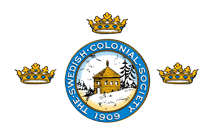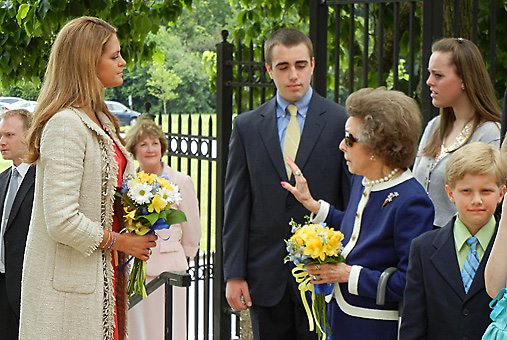The Esther Ann McFarland Fellowship in memory of Judge William Lewis began in the 2011–2012 academic year and has been generously endowed by Esther Ann McFarland.

Esther Ann McFarland, image copyright-Mainline Media News
Each year the Historical Society of Pennsylvania awards one Esther Ann McFarland Fellowship in memory of Judge William Lewis for research on either 17th-century Pennsylvania, with a preference for research on New Sweden or on the influence of the early Swedish settlers on the development of Pennsylvania, or on African American history. The fellowship supports one month of residency in Philadelphia for advanced, postdoctoral, and dissertation research. The stipend is $2,000. The Library Company’s Cassatt House fellows’ residence offers rooms at reasonable rates, along with a kitchen, common room, and offices with internet access, available to resident and nonresident fellows at all hours
Click here for more details: https://hsp.org/about-us/fellowships/mcfarland-fellowship
Motiv: Princess Madeleine listens to Esther Ann McFarland, who sponsored the exhibition. Photo: Kungahuset.se
Esther Ann McFarland
Esther Ann McFarland of Haverford, age 94, passed away peacefully at her home on September 20, 2011. Born in East Goshen Township, Chester County, Mrs. McFarland’s family roots date back to the early American settlers. She is descended from Sven Gunnarsson and Jonas Nilsson who arrived in New Sweden (what is now the greater Philadelphia area down to coastal Delaware) in the early 1640s. Always proud of her Swedish ancestry, Mrs. McFarland was the Junior Deputy Governor Emeritus of the Swedish Colonial Society, and an avid member of the American Swedish Historical Museum.
She helped fund the Sven Gunnarsson and Jonas Nilsson New Sweden Gallery at the American Swedish Historical Museum and had the pleasure of speaking at the Gallery opening, a meaningful event attended by Her Royal Highness Princess Madeleine of Sweden. Mrs. McFarland also was proud to be a direct descendent of Judge William Lewis (1751-1819), a prominent Philadelphia Federalist lawyer who in 1789 was appointed by President George Washington to be the first United States Attorney for the District of Pennsylvania, and later in 1791 was appointed (again by George Washington) to be the second United States District Court judge for the district (now known as the Eastern District of Pennsylvania).
As importantly, if not more so, William Lewis served for a time as a Pennsylvania state legislator, and in that capacity authored a bill entitled “An Act For The Gradual Abolition Of Slavery In Pennsylvania” which was enacted into law in 1780. It was the first Act of its kind in America, and is believed to be the first Act of its kind in the world. Judge Lewis had his primary residence and law office at 3rd and Walnut Streets in Philadelphia, an area now called the Judge William Lewis Quadrangle in his honor. Read more>

